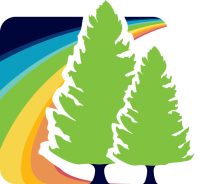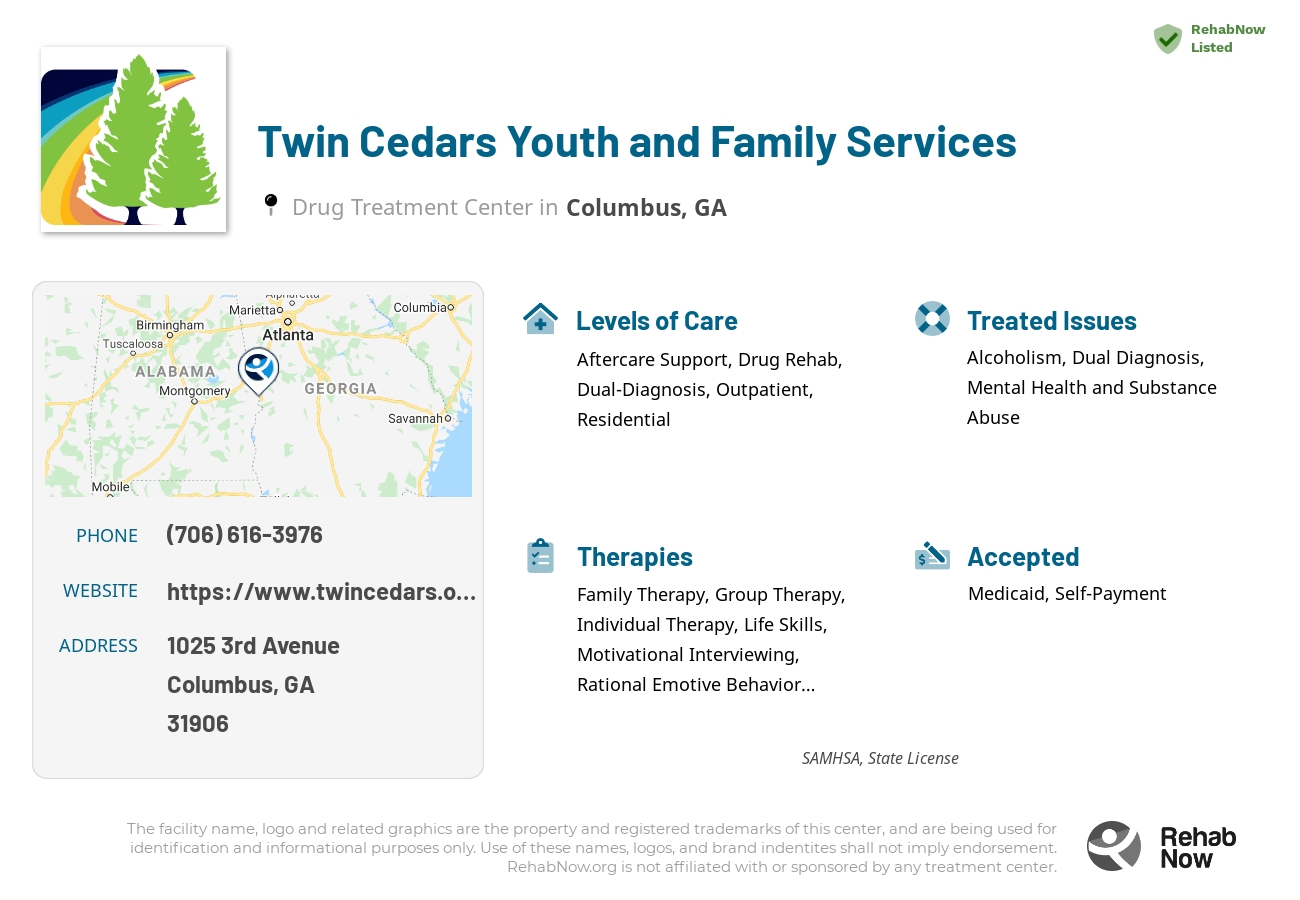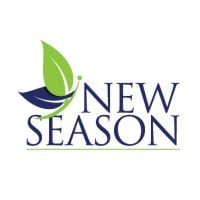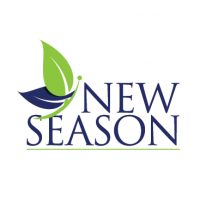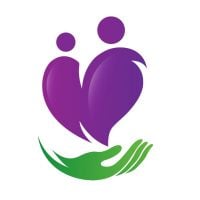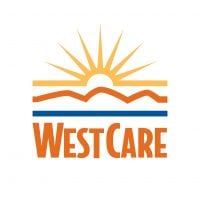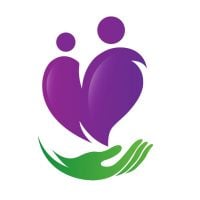Twin Cedars Youth and Family Services
Drug Rehab Center in Columbus, Georgia
Twin Cedars Youth and Family Services in Columbus, Georgia is a program that provides addiction and substance abuse treatment, including detox, residential, and outpatient programs for both youth and adults, with a focus on holistic healing and combining traditional and innovative approaches.
About Twin Cedars Youth and Family Services in Georgia
Twin Cedars Youth and Family Services is a program for both youth and adults in Columbus, Georgia, dedicated to helping them heal from issues related to addiction and substance abuse. Serving both male and female patients in both inpatient and outpatient settings, Twin Cedars Youth and Family Services aims to combine both traditional and innovative approaches to creating a holistic healing experience. At Twin Cedars, the environment is one of care and compassion, and the goal is to help the patient in all areas of their life.
Twin Cedars Youth and Family Services offers a variety of services for addiction and substance abuse treatment and recovery. For adults, they have an Intensive Outpatient Program (IOP) which includes 12-step meetings, individual and group counseling, and education to promote long-term sobriety. They also offer detox and residential programs, as well as a relapse prevention program. For youth, the facility offers specialized treatment plans and residential programs to help them recognize triggers and develop healthy coping mechanisms.
Twin Cedars is accredited by the Commission on Accreditation of Rehabilitation Facilities (CARF) and licensed by the Georgia Department of Human Services and the Department of Behavioral Health and Developmental Disabilities. The facility also received CARF’s Three-Year Accreditation with Commendation in 2018, as well as the Georgia Association of Substance Abuse Programs Quality Improvement Award in 2015. These awards recognize Twin Cedars’ commitment to providing quality care for their patients. In addition, Twin Cedars is a designated location for receiving funds from the Georgia Division of Family and Children Services.
Genders
Ages
Modality
Additional
Accreditations
State License
SAMHSA
Conditions and Issues Treated
When someone in struggles with both addiction and mental or emotional illness, this is considered a dual diagnosis. Dual diagnosis treatment can include therapy for these issues to happen simultaneously, which will allow either of them to be treated effectively.
Sometimes people who have suffered from addiction disorder also suffer from co-occurring disorders such as depression, anxiety, bipolar disorder, etc., making them “dual diagnoses.” Dual diagnoses require specialized treatment programs where drug and alcohol addiction are addressed along with psychiatric illnesses. Some rehabilitation facilities provide patients suffering from cooccurrences a program with highly integrated services and a clean environment with few distractions to help them succeed.
Levels of Care Offered
This center offers a variety of custom treatment tailored to individual recovery. Currently available are Aftercare Support, Drug Rehab, Dual-Diagnosis, Outpatient, Residential, with additional therapies available as listed below.
Outpatient treatment is often used for drug addicts in drug rehab. Outpatient treatment consists of counseling and therapy sessions. This form of treatment is also called ‘day-treatment’. The outpatient treatment process begins with the addict’s initial detox period, lasting about ten days.
Outpatient treatment is used for those who are at moderate risk for ‘slipping back’ into the addiction, for those who:
- Are not currently experiencing any side effects from withdrawal and can handle social pressure
- Can handle stressors that might trigger relapse
- Have a stable living environment or have moved out of their previous environment, which was not conducive to being sober
- Have a support system that allows them to go to a facility a few times a week while still keeping their current responsibilities
- Have no legal obligations, being either on parole or probation, that require them to seek treatment at a mandatory facility
- Are not currently experiencing any side effects from withdrawal and can handle social pressure
- Have a stable living environment or have moved out of their previous environment, which was not conducive to being sober
Residential treatment programs are those that offer housing and meals in addition to substance abuse treatment. Rehab facilities that offer residential treatment allow patients to focus solely on recovery, in an environment totally separate from their lives. Some rehab centers specialize in short-term residential treatment (a few days to a week or two), while others solely provide treatment on a long-term basis (several weeks to months). Some offer both, and tailor treatment to the patient’s individual requirements.
Completing a drug or alcohol rehab program is only the first step. Then comes aftercare support. These services include sober living accommodations, career counseling, and AA/NA programs for those struggling with sobriety or who want help maintaining it after initial rehab at an addiction facility.
They can last up to a year or more depending on what’s needed most urgently after the earlier stages are completed.
Therapies & Programs
Because no single treatment is effective for all addicts, the goal of treatment and therapy should be to figure out what works best for each individual. Tolerance and withdrawal levels differ from person to person, affecting the treatment intensity required. Addiction treatment should aim to help addicts develop healthy coping mechanisms for dealing with their addiction and its underlying causes.
Family therapy is beneficial for people who are in addiction treatment services because it offers addicts the opportunity to work with their family members to better understand what led them to make choices that contributed to their addiction.
This type of therapy helps family members reach a deeper understanding of how they can best support their loved one during recovery. It also helps the addict better understand their own motivations and triggers that led them to turn to substance abuse.
Family therapy can help addicts in the following ways:
- Assists family members in processing difficult feelings so they don’t blame or resent recovering addicts
- Assists family members in understanding how addiction has impacted the addict and everyone who is involved with them
- Allows the addict to take responsibility for their actions, while encouraging improved communication skills
- Helps family members understand how to best support an individual in recovery so addicts don’t relapse again.
Group therapy can help build a stronger support system and give addicts in Columbus, GA insight into their addiction that they gain through shared conversations. Group therapy occurs in a controlled group environment, exclusive of one on one meetings. This makes it safer for patients to feel comfortable sharing the struggles they’re going through and gaining perspective.
Trauma therapy is beneficial for people who are recovering from drug addiction because it helps them heal from past traumas that may have caused them to turn to harmful substances or led them to experience negative emotions that contributed to their destructive behaviors.
This type of treatment works by processing difficult experiences so individuals can learn how to process these events without having to turn to substances for coping.
Trauma therapy can help addicts in the following ways:
- Helps individuals understand their experiences and emotional responses to difficult events, including why they turned to drugs or alcohol
- Provides them with comfort and support while working through difficult emotions related to these traumatic experiences
- Offers an opportunity for addicts to have a voice and be heard, which can improve their self-esteem
- Can help them develop coping skills so they can better respond to triggers instead of turning to substance abuse.
Cognitive-behavioral therapy is a technique that is used to help people with addiction. Specifically, it is a way of identifying thoughts and behaviors that cause the addiction. It is typically used in an individual counseling session.
The content explains cognitive behavioral therapy and how it works to address some behaviors that may be leading to unintended consequences in their life, as well as its benefits for those seeking sobriety.
It works by helping people to talk through their issues and addressing the thoughts that cause said behaviors. It is an excellent way of learning about oneself and one’s perception of the world.
Addicts seeking sobriety can find quick results with Rational Emotional Behavior Therapy. This type of counseling offered by Twin Cedars Youth and Family Services replaces negative and self-limiting thoughts with positive and productive behaviors. This allows addicts to move forward without having to deal with ongoing treatment throughout their lives. Individuals who are seeking sobriety can find quick results with Rational Emotional Behavior Therapy.
Life Skills Services assist addicts in their recovery by teaching them healthy coping mechanisms that will aid them in becoming sober, focussing on helping people enter into, and maintaining long-term sobriety. Drug Treatment Centers provide Life Skills Services at varying levels of intensity, specific to the needs and requirements of each patient.
The benefits of Life Skills Services offered at Twin Cedars Youth and Family Services:
- Restores hope and empowerment — Helps addicts believe that recovery is possible and instills a new confidence in their ability to achieve a positive, drug-free future
- Enhances family involvement — Encourages families to get involved in the recovery process and supports their understanding and encouragement of healthy behavior.
- Increases patient’s compliance — Helps patients take responsibility for and ownership of their recovery and encourages continued progress
- Reduces relapse rates — Encourages long-term abstinence and emphasizes the importance of establishing sober support systems.
Payment Options Accepted
For specific insurance or payment methods please contact us.
Additional Details
Specifics, location, and helpful extra information.
Columbus, Georgia 31906 Phone Number(706) 616-3976 Meta DetailsUpdated November 25, 2023
Staff Verified
Twin Cedars Youth and Family Services Patient Reviews
There are no reviews yet. Be the first one to write one.
Columbus, Georgia Addiction Information
Prescription opioid use has caused a large increase in the total amount of overdoses in Georgia. Almost 12% of the Georgia population uses illicit drugs each year, and slightly over 3.5% also abuses alcohol at the same time. This does not include those who binge-drink at least once a month, which includes 20% of all Georgians.
Columbus, Georgia is one of the top cities for drug use and addiction. An average of 1 person died every day from a drug overdose in 2014. Marijuana, cocaine, crack cocaine, heroin, methadone, and oxycodone are the most abused drugs in Columbus. In 2011, an estimated 10.7% of adolescents aged 12-17 reported using an illicit drug. The type of rehab center you choose will depend on the severity of your addiction.
Treatment in Nearby Cities
- Jackson, GA (82.6 mi.)
- Glennville, GA (182.8 mi.)
- Forest Park, GA (87.7 mi.)
- Davisboro, GA (143.1 mi.)
- Atlanta, GA (95.3 mi.)
Centers near Twin Cedars Youth and Family Services
The facility name, logo and brand are the property and registered trademarks of Twin Cedars Youth and Family Services, and are being used for identification and informational purposes only. Use of these names, logos and brands shall not imply endorsement. RehabNow.org is not affiliated with or sponsored by Twin Cedars Youth and Family Services.
